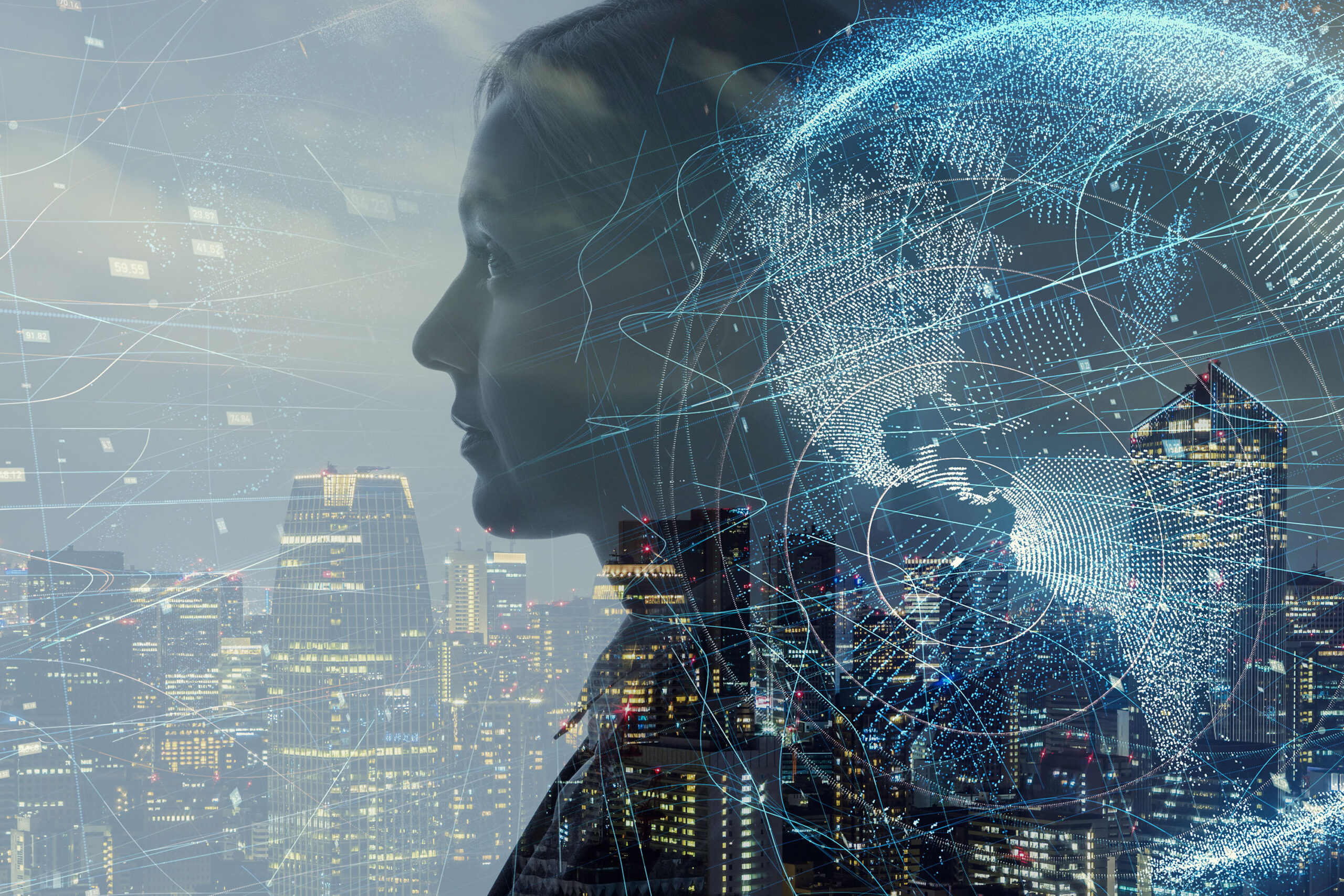This article is a guest post by Maddie Davis, co-founder of Enlightened Digital.
The threat of a cyberattack in today’s world reaches far beyond just enterprise level companies. Government systems, small and large businesses, educational institutions and non-profit organizations are all targets for the vicious hackers of the dark web. Moving forward, the advancement of technology will contribute to changes in both attack methods and defense mechanisms of cybersecurity. Artificial intelligence (AI), in particular, is currently viewed as a leading technology in this transformation. AI’s capabilities carry significant advantages. As AI-enthusiast, Mark Hurd has stated, “the advantage of AI not only is that it constantly learns, but it also never forgets.” We’re taking a look at how AI will use this advantage, among others, to shape the future of cybersecurity.
AI-powered security
An AI-powered defense system is no longer just a possible option for businesses today, but a necessity, considering the threat of AI-fueld cyber attacks. As attackers become more vigilant about their techniques and more vicious in their invasions, organizations must step up their defence in retaliation. Moving forward, AI will play a large role in how cybercrimes are both prevented and dealt with. As Executive Director of NCSA (National Cybersecurity Alliance, Kevin Coleman puts it, “this new era in tech and cybersecurity is driven by prediction, detection and rapid response.”
Attack detection
Using machine learning algorithms, AI will be able to improve a victim’s ability to detect potential threats. Every user within a given system can be tracked and monitored based on their individual roles, allowances and common behaviors, so any deviation from the standard can be flagged to prompt a second form of authentication. Password protection can also be improved. AI can monitor how individuals enter their passwords, which characters are used and the length of passwords to better identify and rectify poor practices. Moving forward, the hope is that AI will ultimately transform the current password model with something more advanced and secure.
Natural language processing (NLP)
AI’s natural language capabilities are expected to significantly improve cybersecurity efforts through better attack identification and reaction. Armorblox’s natural language understanding platform for example, uses NLP to more accurately inspect text content of everything within an organization’s system. This technology enables companies to detect threats regardless of whether or not they contain links or file attachments and provides heightened visibility of all communication and data transferring across an organization. As Armorblo explains it there are three main offerings of the platform that can improve cybersecurity
- A natural language engine that derives new insights from enterprise communications and data.
- Automated policy recommendations through learning what is important for the organization.
- An alert remediation framework that distributes context-sensitive alerts to the relevant users, saving time for the security team.
AI-powered attacks
The level of sophistication in modern cybercrime is continuously increasing. Both cyber criminals and their attacks are equipped with more advanced technology than we, as a society, have ever combated before. Artificial intelligence, specifically, is contributing to frightening new malware that goes beyond the level of attacks we’ve traditionally seen from computer algorithms without the help of AI.
There are numerous new threats to consider for businesses and individuals alike now that hackers are armed with machine learning technology. According to an article by Towards Data Science, there are essentially five ways machine learning can be used for potential attacks.
- Information gathering: AI can analyze vast amounts of data quickly.
- Impersonation: Self-learning AI can accurately imitate human communications.
- Unauthorized access: AI is adaptable to new environments, enabling easier access to secured systems.
- Attack: Malware and DDoS attacks can be made more scalable and harder to detect.
- Automation: AI botnets are capable of automating various aspects of an attack.
The main function of machine learning is its ability to continuously learn and adapt. In terms of cyber crime, this ability presents an advantage to attackers. Self-learning AI could potentially lead to scalable attacks that can adapt to victims’ changing environments and modify itself to compromise each unique system it encounters. This agility may also make it more difficult for IT teams to detect intruders.
Artificial intelligence in the world of cybersecurity is seemingly both friend and foe. In the right hands, technology is the key to better detection and faster incident response. In the wrong hands, it can be the conductor of devastating attacks. Moving forward, we can certainly expect to see continuous AI advancement and implementation in the future of cybersecurity.
Maddie Davis is the co-founder of Enlightened Digital and self-described tech-obsessed female from the Big Apple who lives by building and redesigning websites, running marathons, and reading anything and everything on the NYT Best Sellers list.
You can read more great content from Maddie and her team right now on Enlightened Digital’s website.


